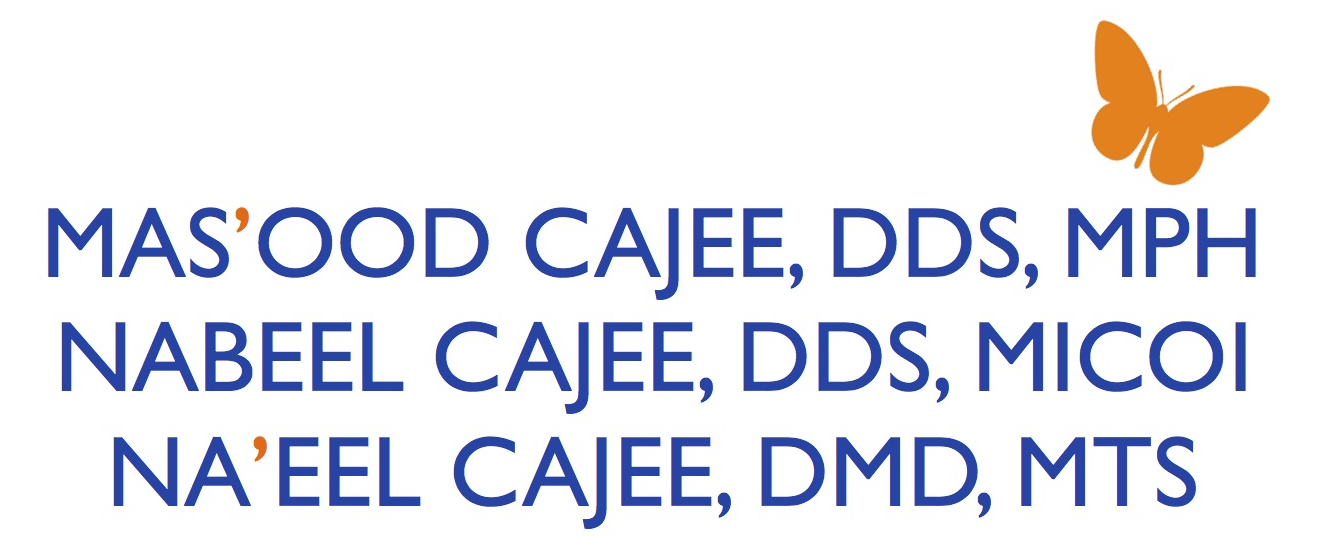Heartfelt Discoveries: How Science Decodes the Signs You're Falling in Love
/Butterflies in Your Stomach: The Tummy Test
Feeling those flutters when you think of someone? That's a classic sign! According to science, the sensation of butterflies is linked to the release of adrenaline and cortisol – hormones associated with the early stages of love.
Pupil Power: Eyes That Speak Volumes
They say the eyes are the windows to the soul, and science agrees! Research shows that dilated pupils are a sign of attraction. So, if your eyes light up when that special someone enters the room, your heart might be trying to tell you something.
Chemical Connection: The Love Hormones
Love isn't just an emotion; it's a chemical reaction. When you're in love, your brain releases oxytocin and dopamine, often referred to as the "love hormones." These chemicals contribute to feelings of happiness, bonding, and overall well-being.
Memory Lane: Constant Thought Intrusions
Can't stop thinking about someone? Science says it's a sign of love. Studies indicate that being in love can lead to intrusive thinking, where your mind is constantly preoccupied with thoughts of the person who has captured your heart.
Heartfelt Sync: Beating in Harmony
Did you know that being in love can sync your heartbeats? Research suggests that couples in love tend to synchronize their heart rates when they are close to each other. It's like your hearts are dancing to the same rhythm.
Unintentional Mirroring: Mimicry in Love
Pay attention to your body language! When you're in love, you may unintentionally mimic the gestures and movements of the person you adore. This subconscious mirroring is a non-verbal way of expressing connection and attraction.
Chemical Cocktail: The Scent of Love
Believe it or not, your sense of smell plays a role in love. Science indicates that pheromones, chemical signals released by the body, can influence attraction. If you find yourself drawn to someone's natural scent, it might be more than just a pleasant fragrance.
Quirky Facts:
Love can be a pain reliever! Studies suggest that the euphoria of love activates the brain's reward system, reducing the perception of pain.
The term "butterflies in the stomach" comes from the fluttery feeling associated with love. It's a timeless expression of the physiological reactions to falling head over heels.





